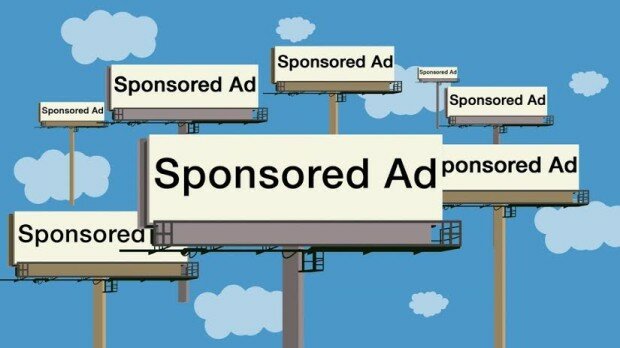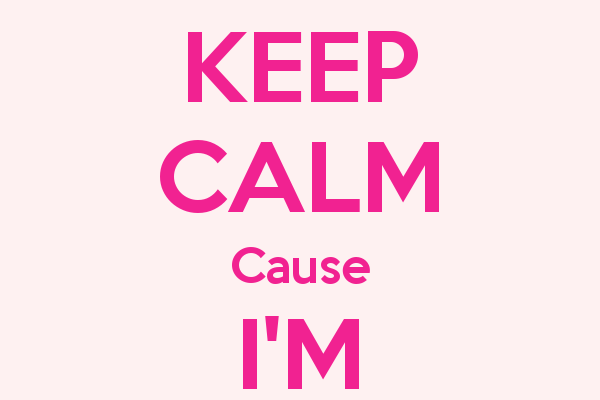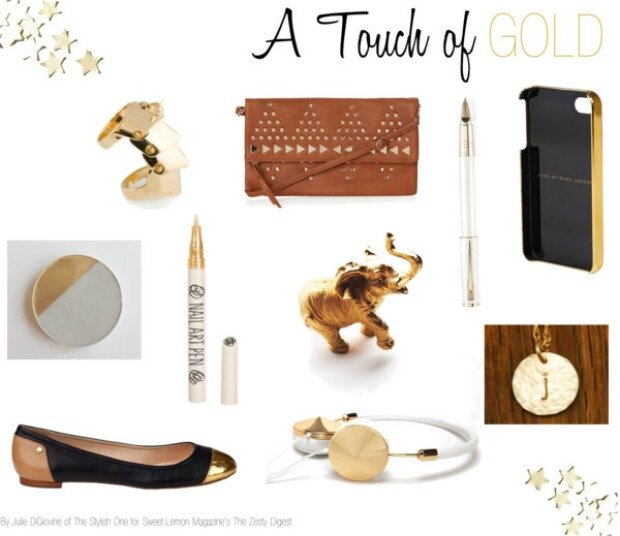Last week, PBS FRONTLINE aired “Generation Like,” a documentary about teens and advertising online. The documentary shows today’s millennials as a generation of “sell outs” who, rather than opting out of marketing and advertising, are opting in. They even went so far as to say that today there is no longer such a thing as being a sell out. Teens are not really sure what it means to sell out anymore.
I remember watching YouTube makeup tutorial videos when I was younger and thinking how could I possibly afford all that product the “beauty guru” was using for a simple everyday look?
Then in the description below the video I’d see “c/o”(courtesy of) next to several products. Why, if you’re trying to create an everyday look for teens, are you using expensive products that you may not normally use simply because you were sent them for free? I figured they were often giving into these companies for the sake of the free product, whether or not they would actually use the product outside of their video tutorials.
This had me thinking. How often do we go on someone’s blog, YouTube channel, or even Instagram today, and see posts labeled “sponsored” or the ever present “c/o” next to the name of a product they were sent for free by a retailer. What does this mean for us?
As I grew up and started reading fashion and beauty blogs more often, I started to see this everywhere. Girls my own age were being sent products from both major retailers and smaller boutiques free of charge. I began seeing this as a sign of success rather than selling out. Being offered a sponsorship or product from a company meant that a person was a semi-expert in what they were blogging. Today, sponsorship is so pervasive that I barely even notice it anymore.
Don’t get me wrong, I think it’s awesome that companies are looking towards real people to promote their products and seeking out the opinions of actual people using their stuff rather than relying solely on models and celebrities. Heck, if it were a company I loved and supported on my own, I would accept a sponsorship from them too!
But what are your opinions on people who often used sponsored posts? Do you think bloggers and vloggers are being used by these corporations?
By




